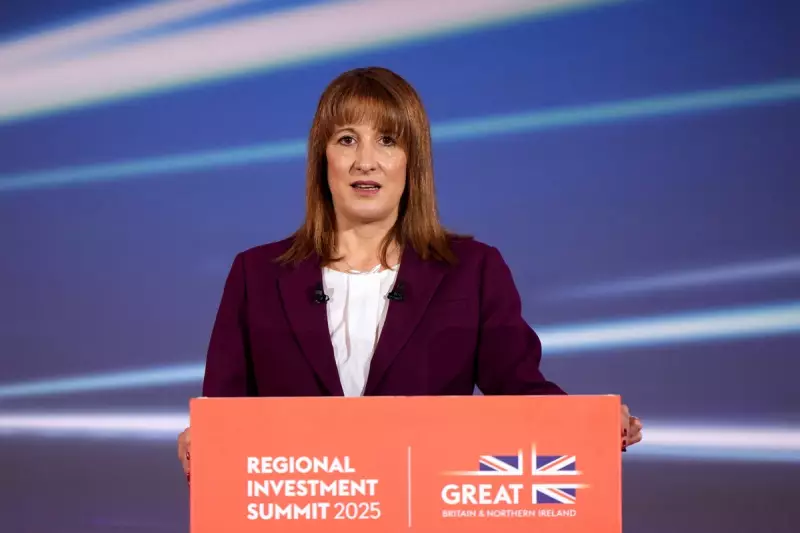
In a major announcement that will shape Britain's economic direction, Chancellor Rachel Reeves has firmly ruled out increases to several key taxes in her first budget this autumn. The Labour minister declared that wealth taxes, income tax, national insurance and VAT will not see hikes as she seeks to provide stability to households and businesses.
What Taxes Are Protected?
The Chancellor's commitment creates clear red lines around:
- Income tax rates - both basic and higher rates will remain unchanged
- National Insurance - no increases following recent cuts
- VAT - the standard rate will stay at 20%
- Corporation tax - maintaining current levels for business
- Wealth taxes - no new capital gains or inheritance tax rises
The Fiscal Tightrope
This declaration comes despite the Treasury facing significant financial pressures and inheriting what Ms Reeves describes as "the worst economic situation since the Second World War." The government must navigate between honouring its tax promises while addressing substantial public spending needs and economic challenges.
Speaking about her approach, the Chancellor emphasised: "I don't see the way to prosperity as being through increasing taxes on working people." This stance aligns with Labour's election campaign commitment to provide economic stability while focusing on growth through other means.
What Remains Possible?
While major tax rises are off the table, the government hasn't ruled out other revenue-raising measures. Attention may turn to:
- Closing tax loopholes and avoidance schemes
- Targeted levies on specific industries
- Windfall taxes on exceptional corporate profits
- Reforms to business rates and council tax
The autumn budget, expected in November, will reveal the full details of Labour's economic strategy and how they plan to balance the books without resorting to traditional tax increases on workers and businesses.





